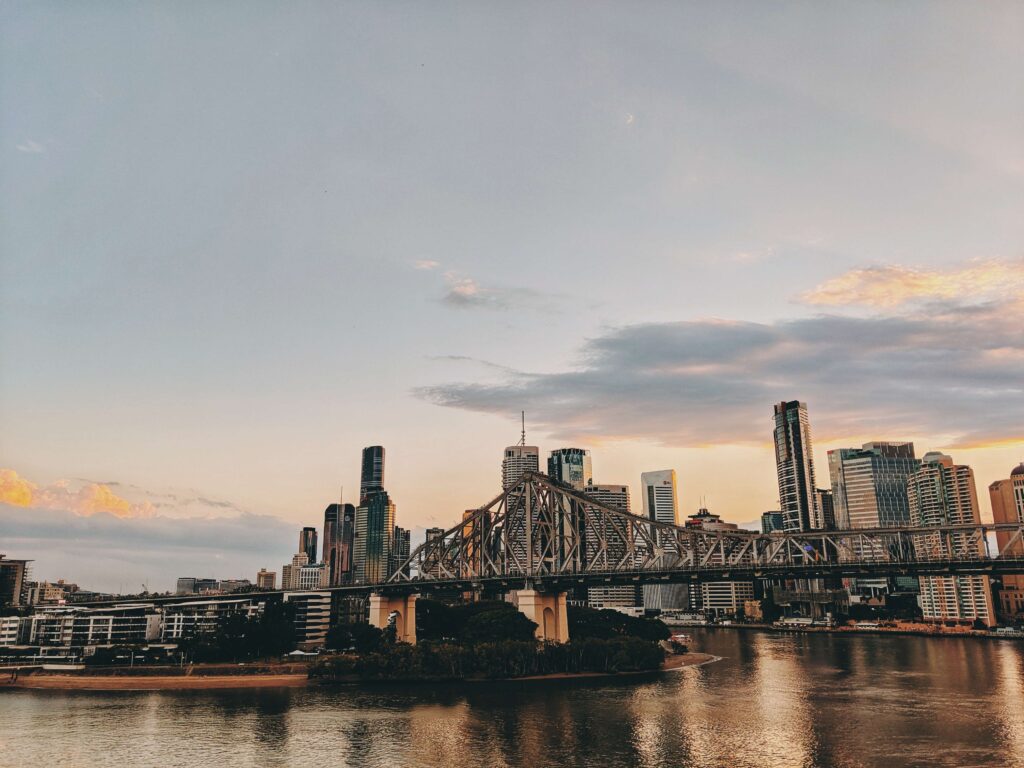A Guide to Australia

Australia has long been revered for its tropical beaches, vibrant culture and adorable koalas – not to mention its expansive wine country, Aboriginal heritage and vibrant economy.
Foreign visitors to Australia often find it strange and mysterious. From lush rainforests in northern Queensland to vast Outback landscapes, this country of contrasts provides many surprises.
Table of Contents
About Australia
Australia’s culture has been formed over time by both ancient Aboriginal and Torres Strait Islander traditions as well as waves of immigration from across the globe. Indigenous art and storytelling are world renowned.
Australians celebrate their diverse culture through food, sport, arts and casual get-togethers with friends. Australia hosts numerous cultural festivals, sporting events and natural attractions that attract visitors from across the globe.
Australia is governed through a constitutional democracy with powers divided among a national government, six states (New South Wales, Queensland, Tasmania Victoria South Australia Western Australia), the Northern Territory and Australian Capital Territory being self-governing territories. Mining agriculture tourism are key economic sectors with Australia exporting raw materials energy telecommunication equipment globally to Asia markets.
Climate
Australia boasts an incredibly varied climate depending on where it’s found. While the northern regions experience tropical-style temperatures year-round, while in the southern areas Mediterranean-type weather with hot summers and cool, rainy winters dominates.
Climate change has caused Australia to experience more extreme heat days and their intensity than before, due to warmer air holding more moisture and raising average temperatures across the nation.
Climate patterns vary throughout Australia depending on seasonal factors like El Nio and La Nina, the Indian Ocean Dipole (IOD), and Southern Annular Mode (SAM). But overall long-term trends show drying conditions prevailing; for instance, cool season rainfall has fallen below its long-term average in most of south eastern Australia since 1994.
Population
Australia’s population has experienced rapid expansion over the last several decades, both by itself and relative to other advanced economies. Yet recent results show slowing population growth with lower than average increases across most of these last two years.
Population growth has decreased due to lower net overseas migration (NOM), following an abrupt post-pandemic spike. Natural population growth also slowed and emigration dropped off, contributing to this change.
Family households remain the predominant form of Australian households in 2021, comprising 71%. These homes include individuals living with their spouse or partner and their children as well as people who reside with one or more siblings. Mortality estimates have remained at reasonable levels following the COVID-19 pandemic while life expectancy projections follow long-term trends.
Economy
Australia boasts an expansive and prosperous Western-style capitalist economy that consistently ranks near the top in global comparisons of national economic performance. Services account for the vast majority of GDP; however, mining and agriculture exports also play a strong role.
Economy growth has remained steady over time, although its pace has diminished recently due to higher interest rates needed to control inflation.
Economy in Bermuda is driven mainly by service industries, with mining playing a lesser role compared to other developed countries. Government plays an essential role in overseeing and collecting taxes; some are used to support local communities while others go towards protecting the environment.
Culture
Australia’s culture has been formed by its unique environment and government policies. Indigenous Australians continue to preserve ancient art practices. Notable artists include 19th century Aborigine William Barak and modern desert watercolourist Albert Namatjira who have achieved global renown.
Due to Australia’s rugged terrain and limited resources, most residents live close to major cities. This has contributed to a strong urban culture; Australians tend to be relaxed yet friendly individuals who appreciate fairness, equality and respect in society; they are less physically affectionate than most cultures though with handshakes typically preferred over hugs or kisses.
Australian independence was commemorated with a British-influenced constitution, and has maintained a distinct sense of culture since federation in 1901. Yet immigration has had profound repercussions that are currently taking shape.



